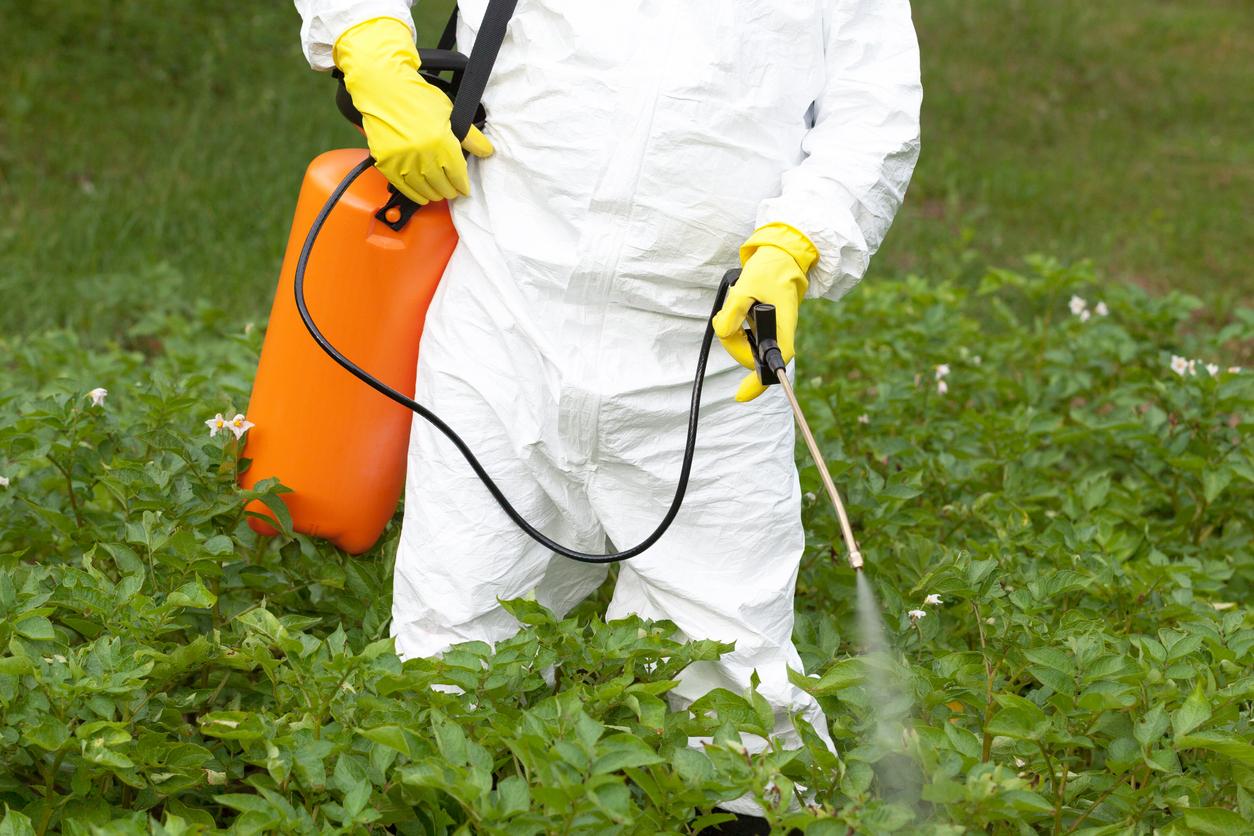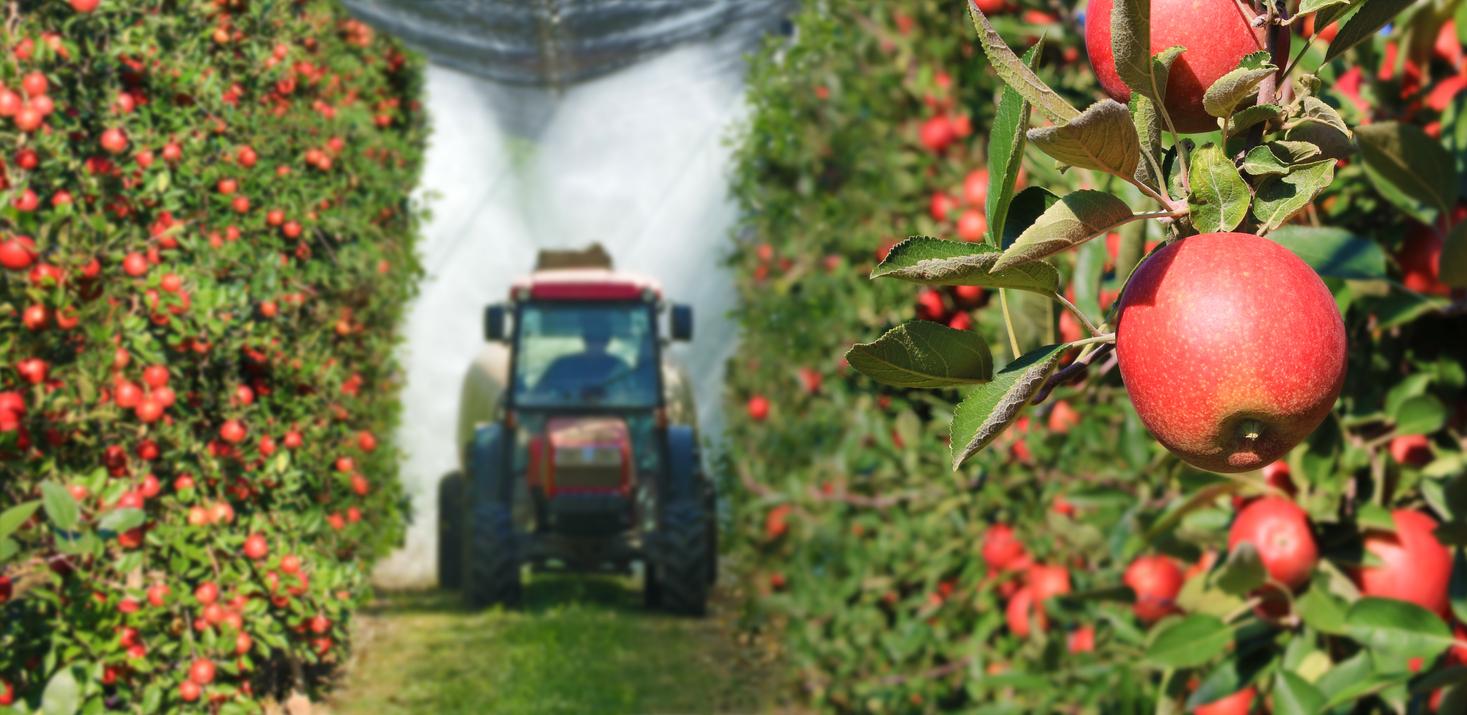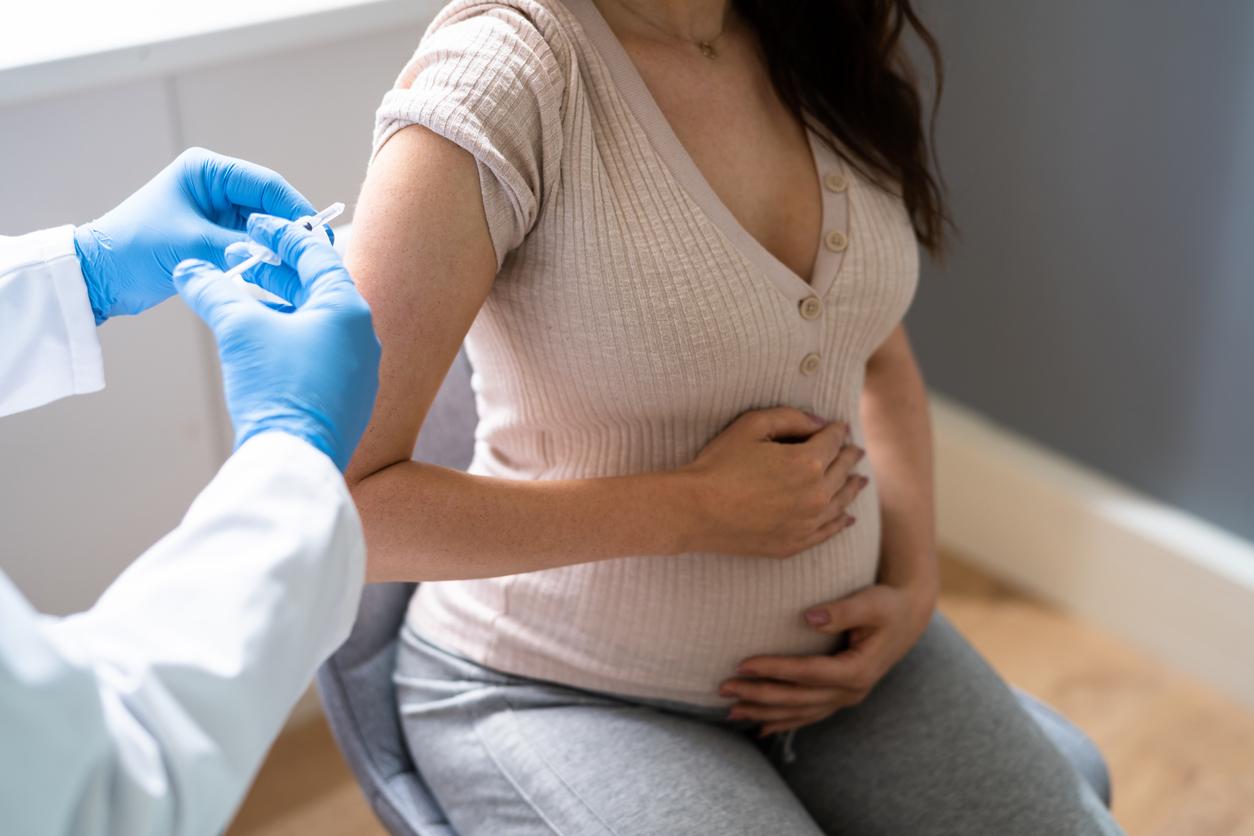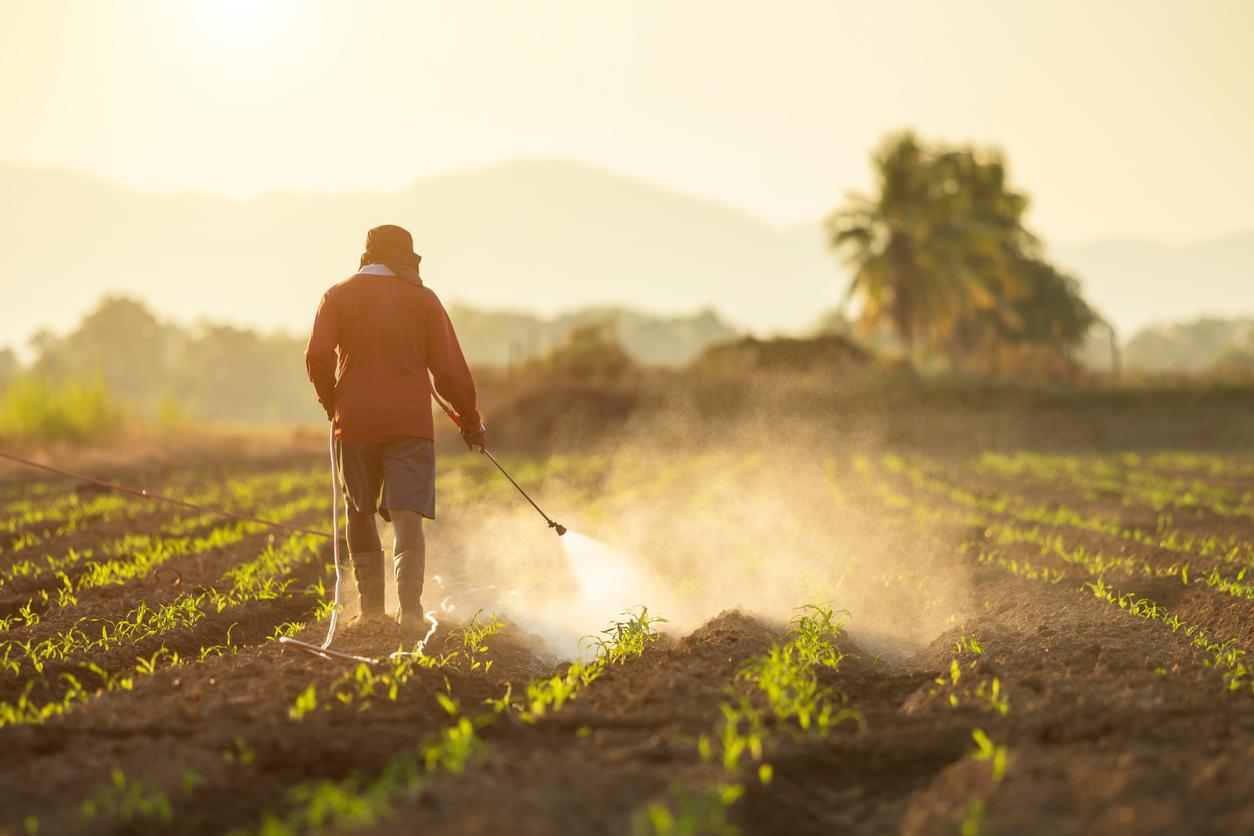EU states have refused to temporarily extend the authorization of glyphosate, a herbicide developed by Monsanto.
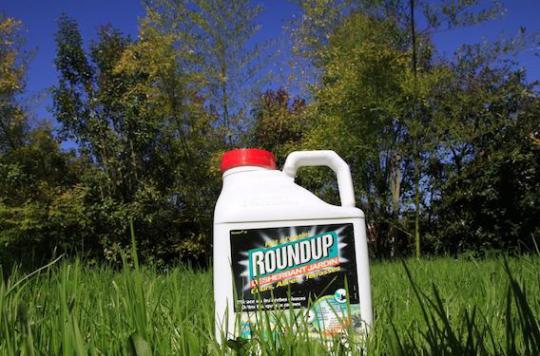
The famous herbicide glyphosate, classified as a “probable carcinogen” for humans, continues to generate controversy in Europe. Representatives of the 28 EU member states, meeting in a committee of experts, failed on Monday to form a convincing majority in favor of a temporary extension of the approval of this product “common but with effects on the controversial health issues, ”the Commission said.
The latter also indicated that it would study its options for the future at the political level. “There was no qualified majority”, simply said a spokesman for the European executive, Alexander Winterstein, reports Agence France Presse (AFP). The European Commission proposed to extend from 12 to 18 months, subject to conditions, the authorization of glyphosate in the territory of the EU, which expires on June 30.
Towards an appeal committee vote
According to a European source quoted by AFP, 20 member states agreed, one voted against, and the others abstained. To be adopted by qualified majority, the vote had to be approved by 55% of the participants, representing 65% of the EU population. The failure of this vote comes after two previous meetings without a decision in March and May, and seals the growing tension between the Commission and the Member States on the subject.
“Everyone must take their responsibilities,” Mr. Winterstein stressed on Monday. “It is not possible to hide behind the Commission”, he added, targeting the Member States.
European regulations provide that in the absence of a qualified majority, the subject can go to an appeal committee. Composed of representatives of EU countries and chaired by the Commission, this committee follows the same voting rules as at first instance.
This is, according to community rules, to allow EU countries “to have a second discussion at a higher level of representation”. According to AFP, Brussels has not yet confirmed this referral. But the subject is already on the agenda of the weekly meeting of European commissioners scheduled for Tuesday, “and then we will see what we do,” said Alexander Winterstein.
France against renewal
As for the voters, European sources indicated that Germany, in particular, abstained. The French Minister of the Environment Ségolène Royal, for her part, let it be known on Twitter on June 1 that Paris “will not vote (it) on the Brussels proposal”. Marisol Touraine, Minister of Health, even went so far as to say that, if such a decision is adopted, France will not apply it. “Regardless of the debates on the carcinogenic nature or not of glyphosate, we consider, and the studies we have available show it, that it is an endocrine disruptor”, she underlined.
Finally, environmentalists welcomed the turn of events taken on Monday. “Monsanto thought that getting permission to flood Europe with glyphosate for another 15 years was going to be a formality. But the public has mobilized massively and, one after the other, European countries have joined the rebellion against this product, ”reacted Ricken Patel, president of Avaaz, an international citizens’ movement.
As a reminder, glyphosate is found in the most common pesticides, such as Monsanto’s Round-Up, or in competitors Syngenta, BASF, Bayer, Dupont, or Dow Agrosciences.
.












